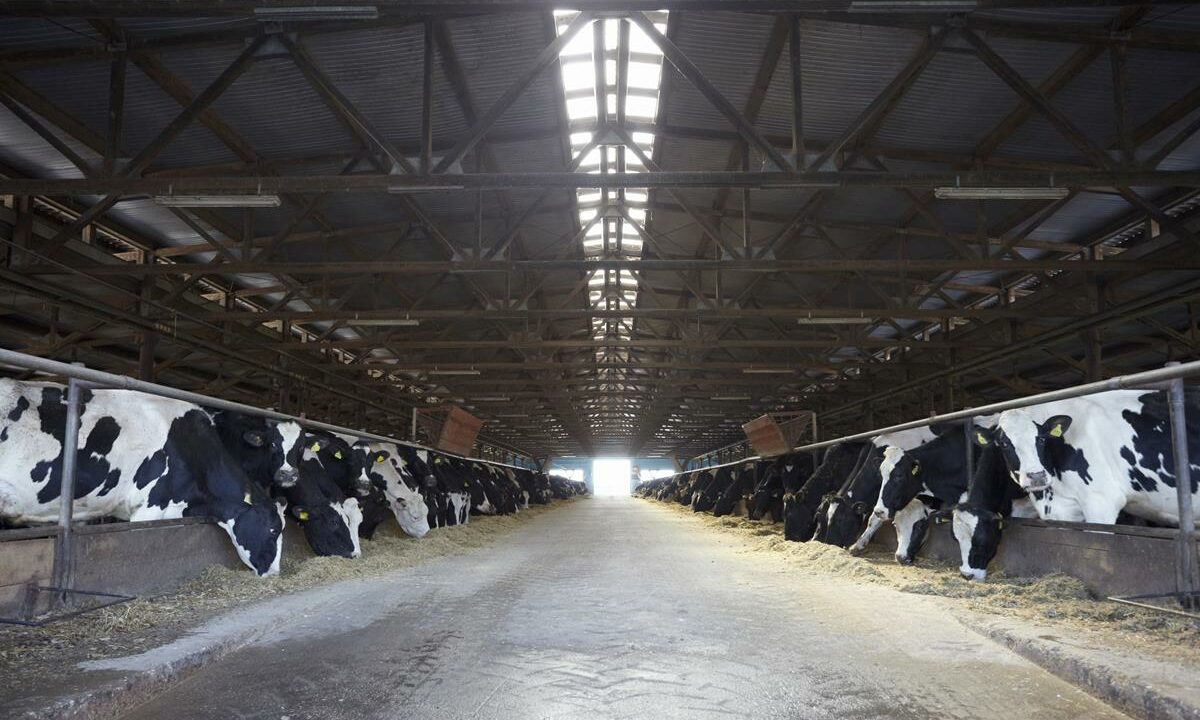Farmers who fail to reduce milk production for the full amount offered (14c/L) under the EU’s Voluntary Milk Reduction Scheme will be penalised, the European Commission has confirmed.
The Commission today, August 26, announced the precise details of the €500m aid package for the agricultural sector.
Some €150m has been allocated for the milk reduction scheme and this week’s meeting of the Commission’s Management Committee finalised many of the technical elements of the scheme.
While the basic concept has not changed since July, this week’s meeting has clarified/finalised many of the technical elements, such as:
- A maximum claim (50% of production in the reference period);
- Penalties for failing to reduce production for the full amount offered;
- The various deadlines, and the relevant administrative and control rules.
The Commission has said that the scheme will be run as a “simultaneous examination”, meaning that the Commission will accept all bids notified by the relevant Member States by the agreed deadline.
This will apply unless the claims exceed the volume (1.07m tonnes) corresponding to the available budget, in which case a reduction coefficient will be applied.
Further periods (for November-January, December-February, and January-March) will follow until the budget volume is reached, it confirmed.
Once the period is over, farmers will then have 45 days to provide the proof that they have reduced production – following which the aid can be paid.
[poll id=”68″]
Exceptional Aid To Milk Producers And Farmers In Other Livestock Sectors
For the €350m support package, the rules confirm the menu of options available to Member States in how they decide to allocate funds, including conditions relating to eligibility and ensuring that the support reaches farmers engaging in activities of a market stabilisation and economic sustainability nature.
Four more technical implementing regulations, which were backed by Member States, were also finalised.
These relate to Voluntary Coupled Support, higher advances on CAP Payments, a six month extension of the mobilisation of Article 222 for milk production planning, and the extension of Private Storage Aid for SMP.
Speaking today, Commissioner Phil Hogan said that he is particularly pleased with the aid scheme for reducing milk production as it provides a genuinely European response to a problem on the EU market.
“I am confident that this measure will contribute significantly to improving market sentiment and will be reflected in improved prices for European dairy producers.”

